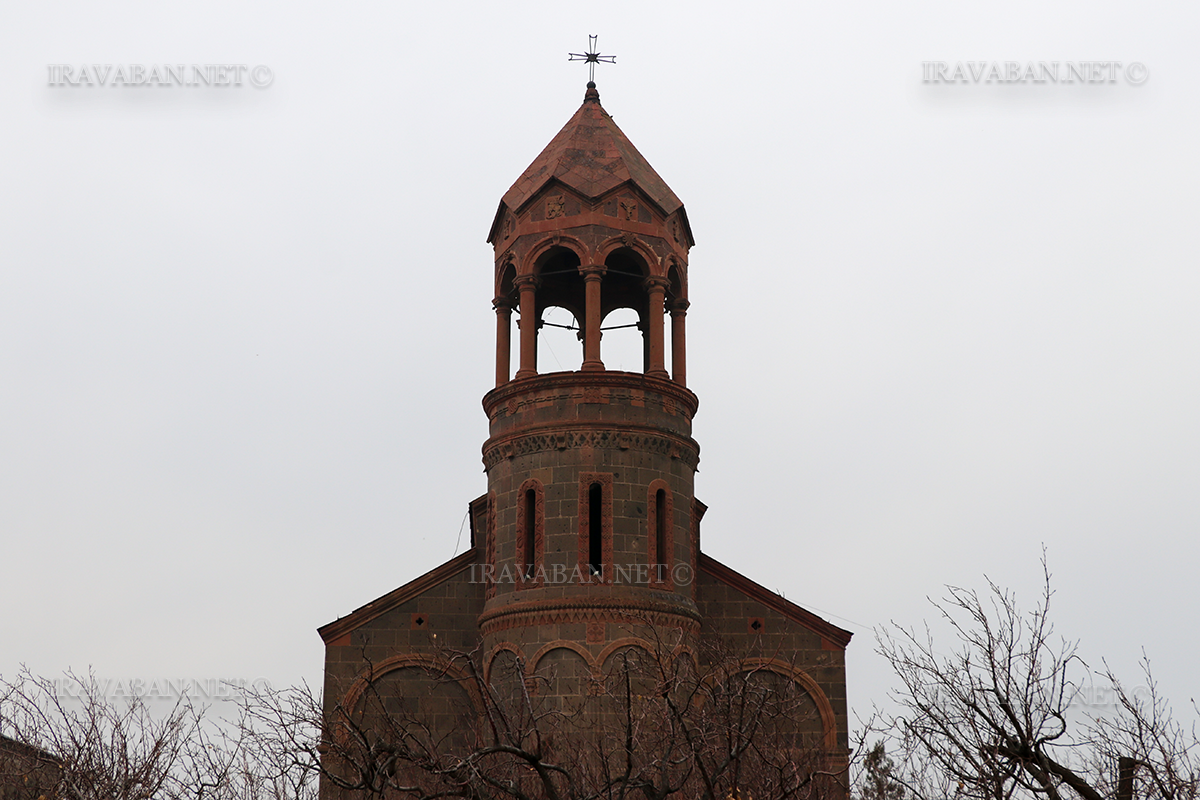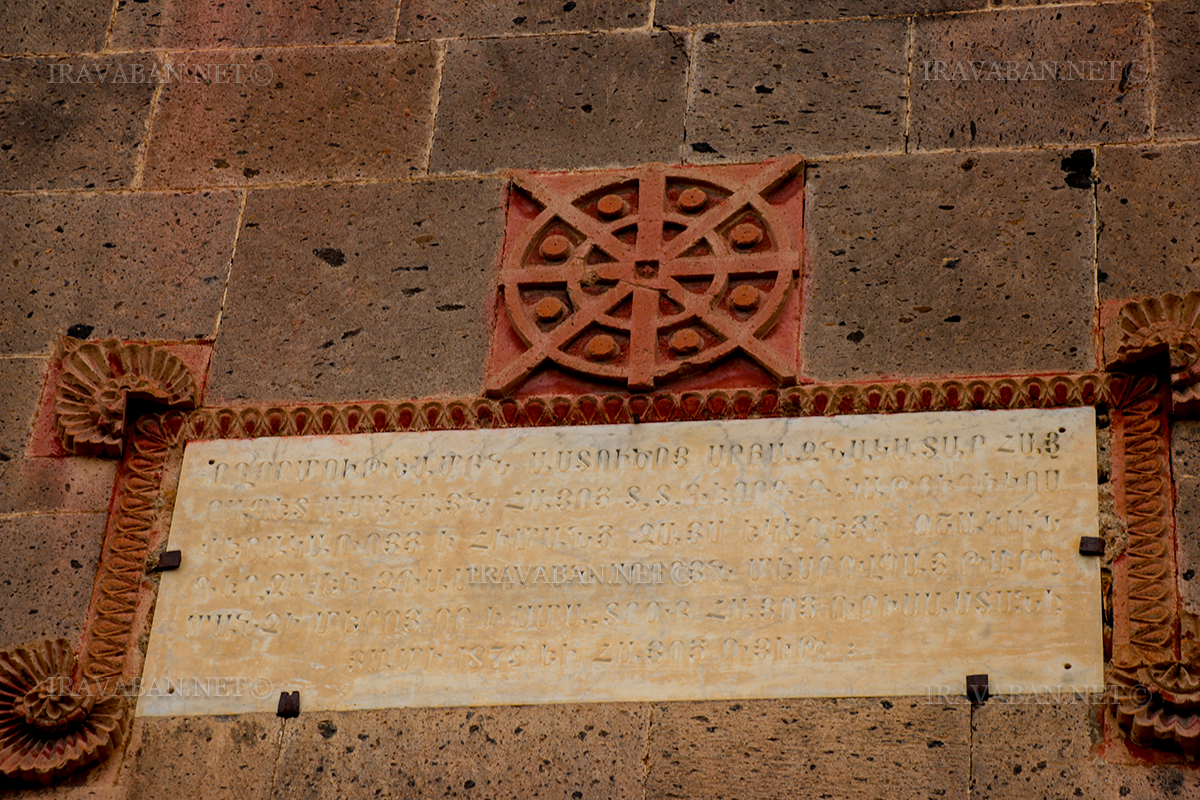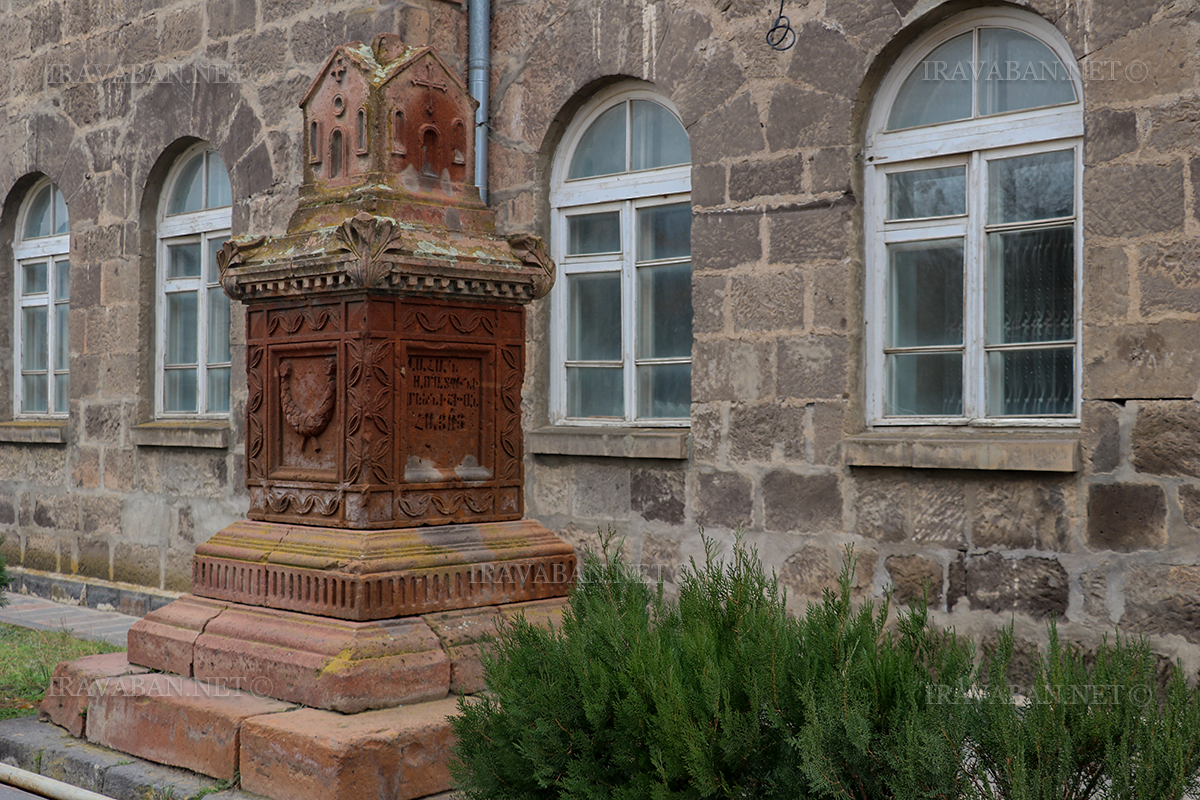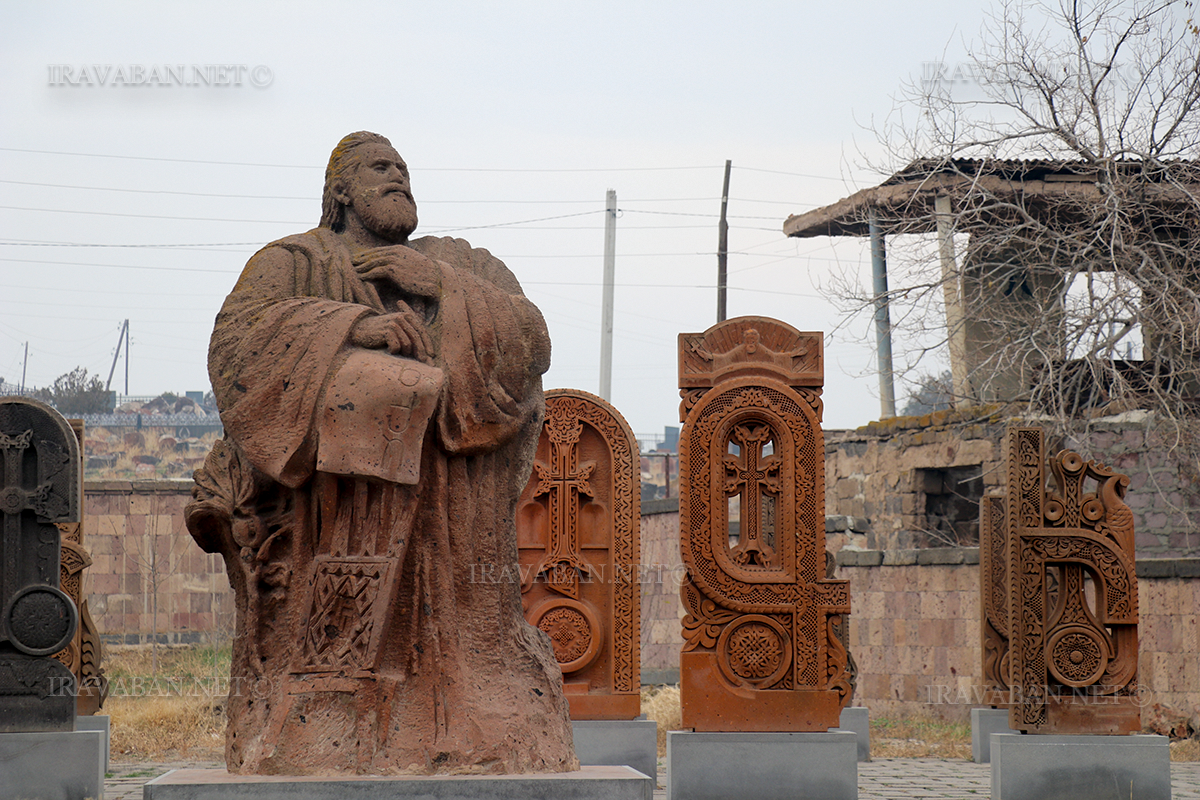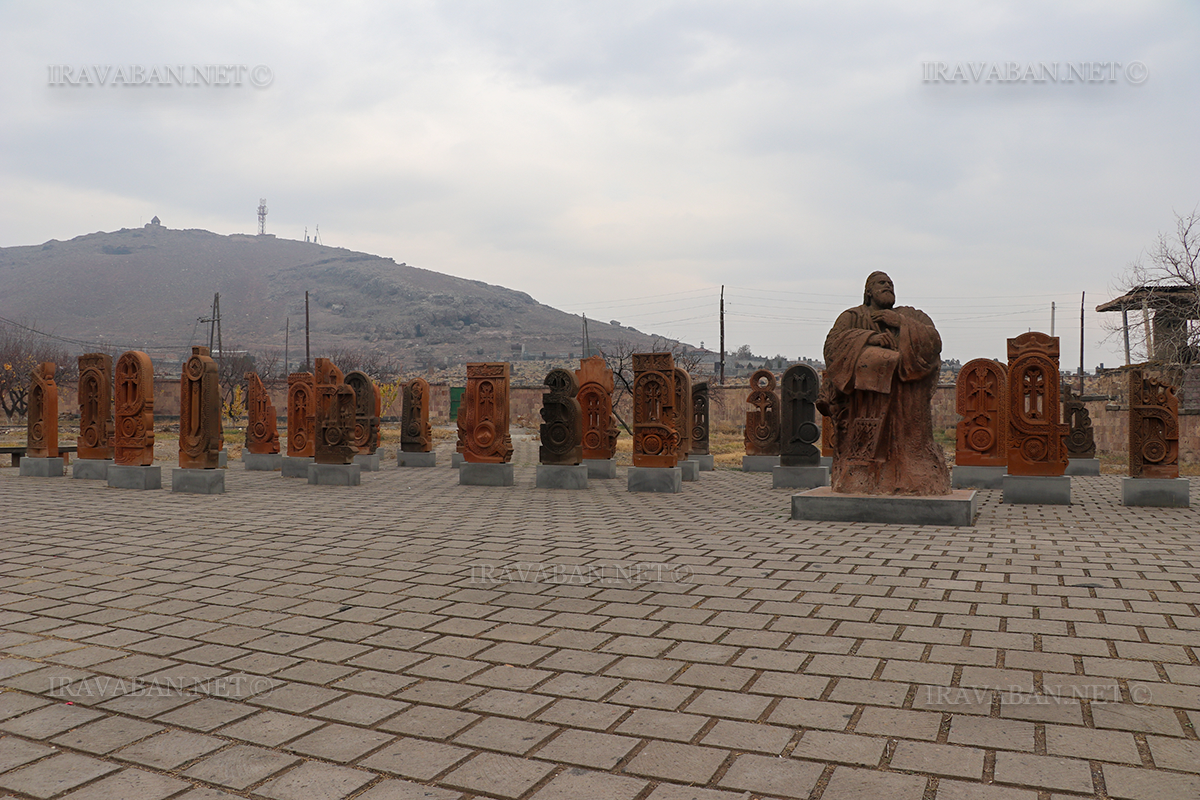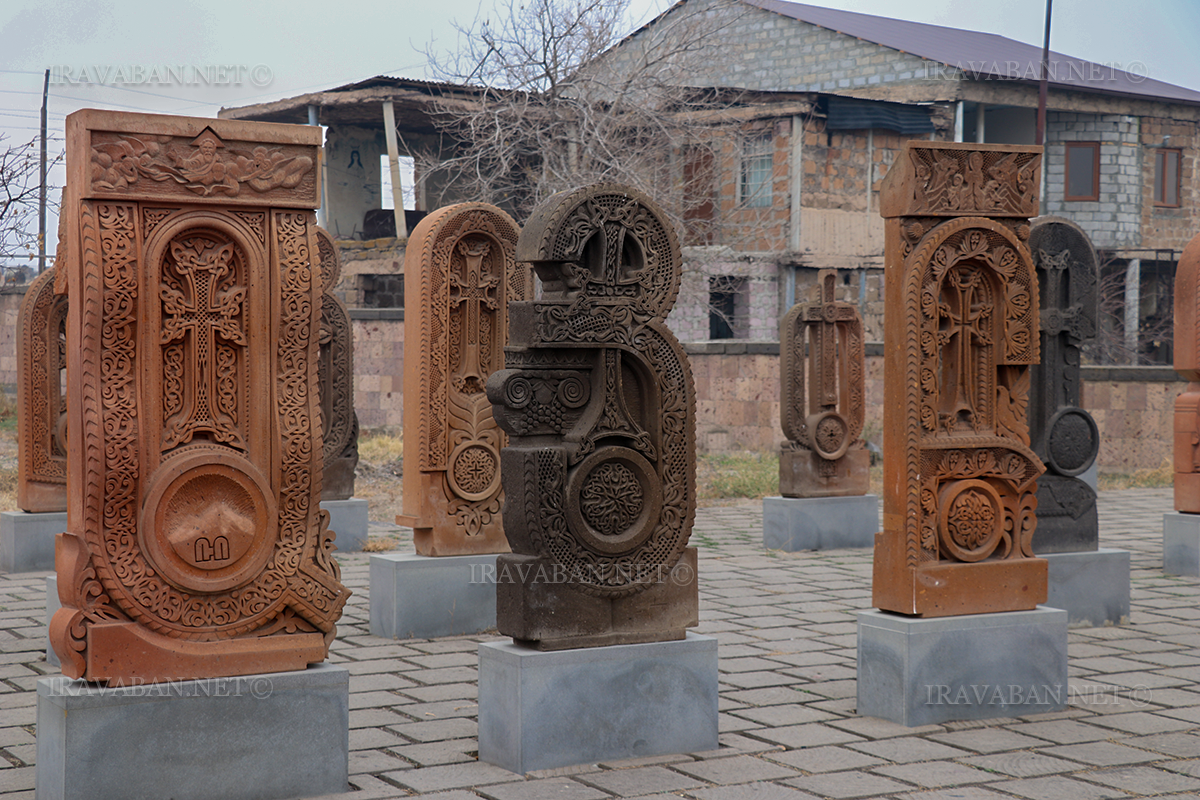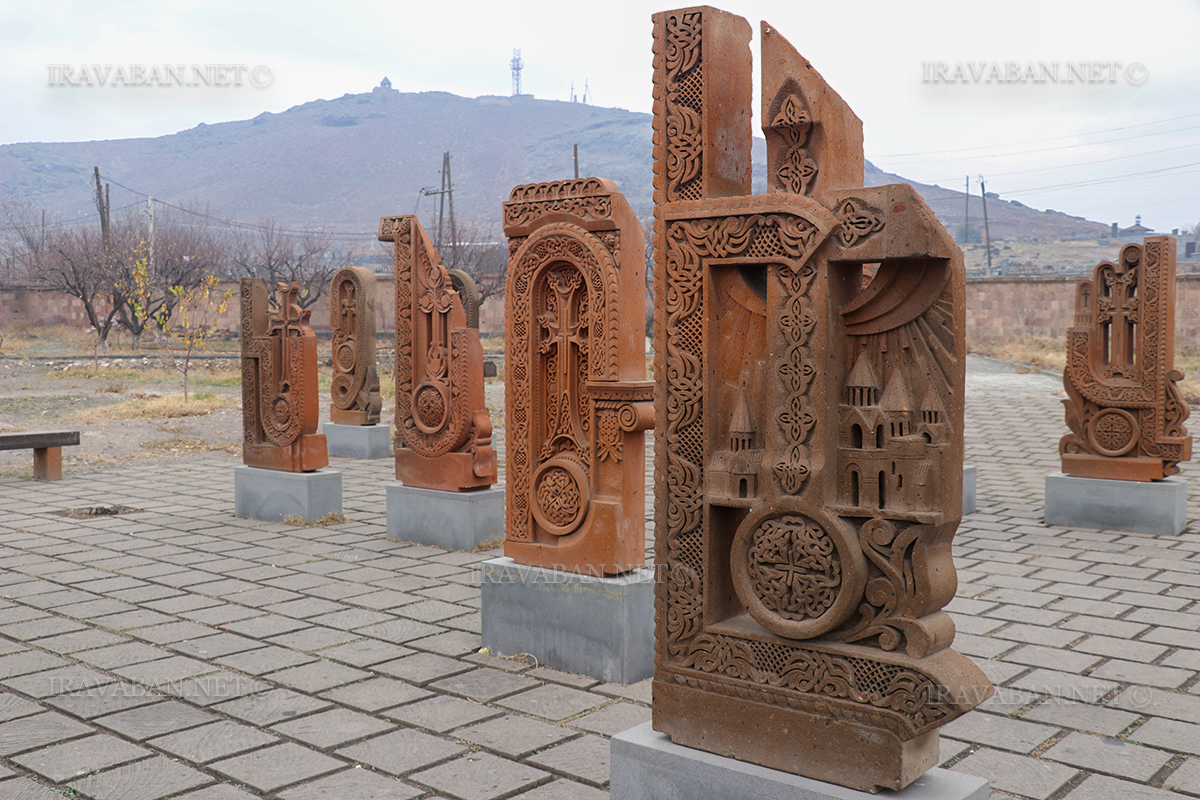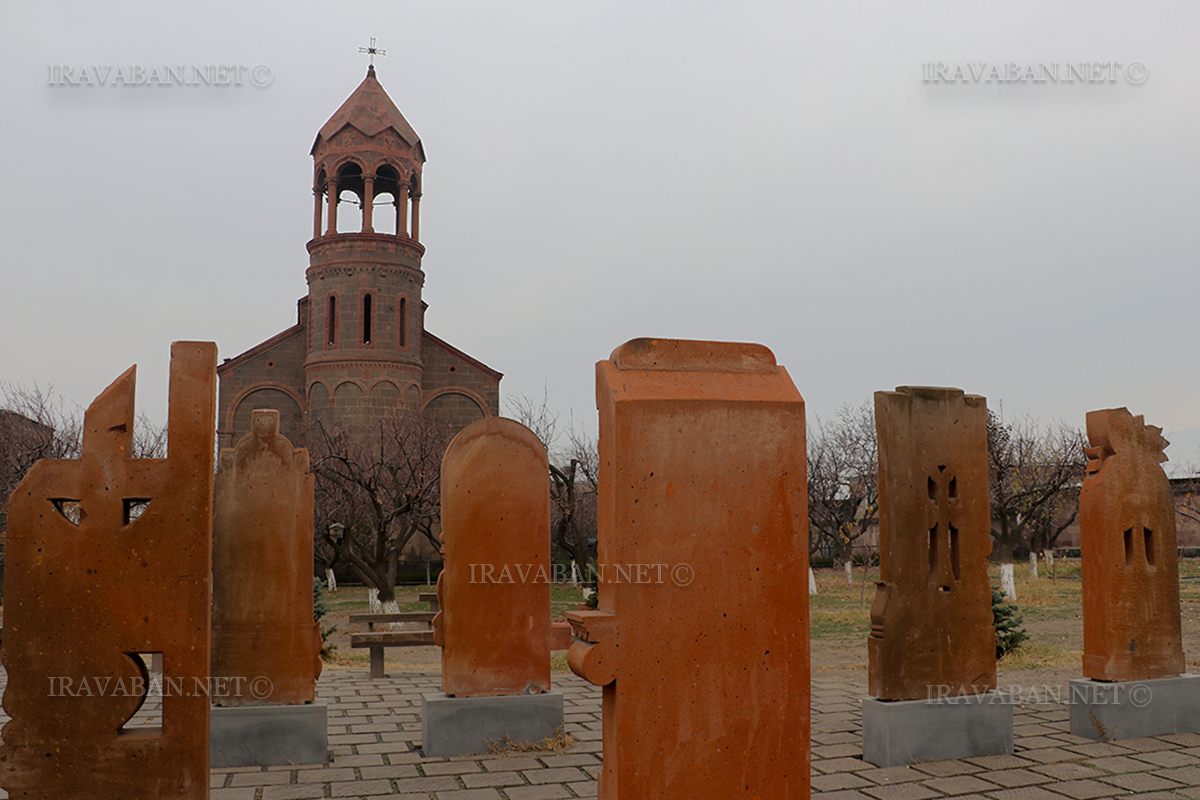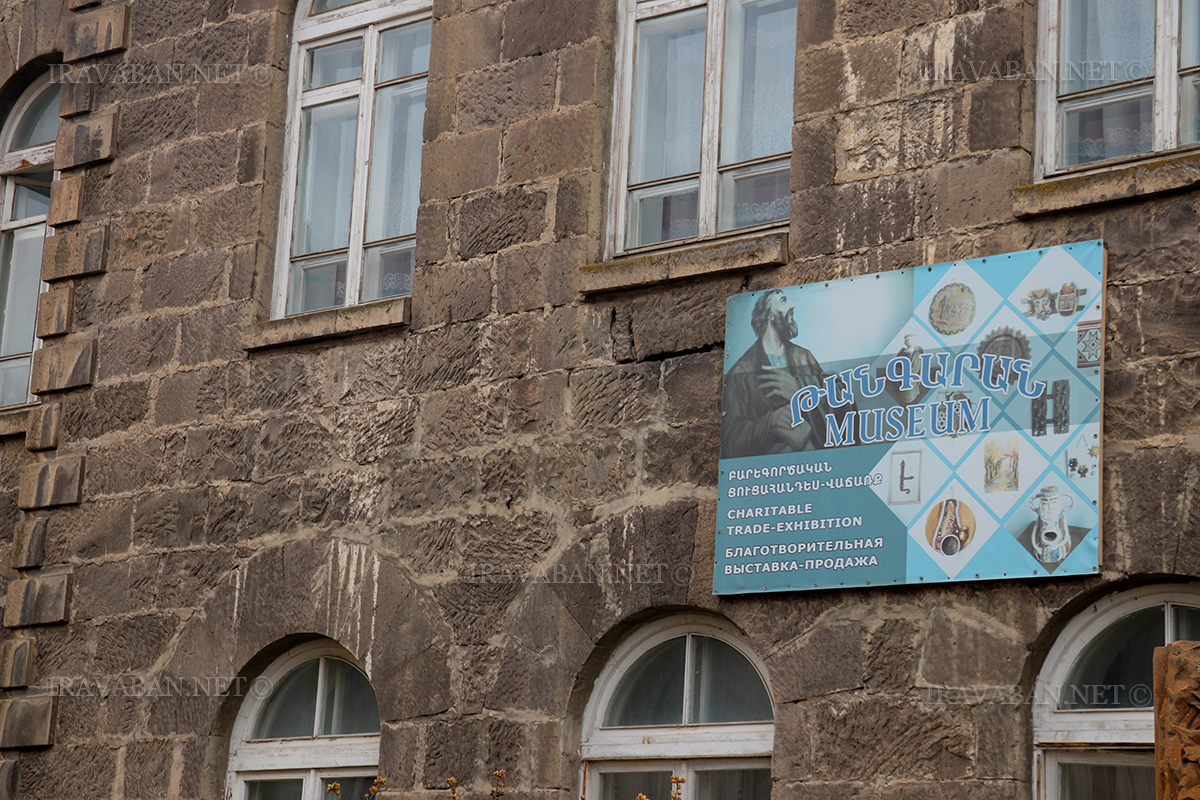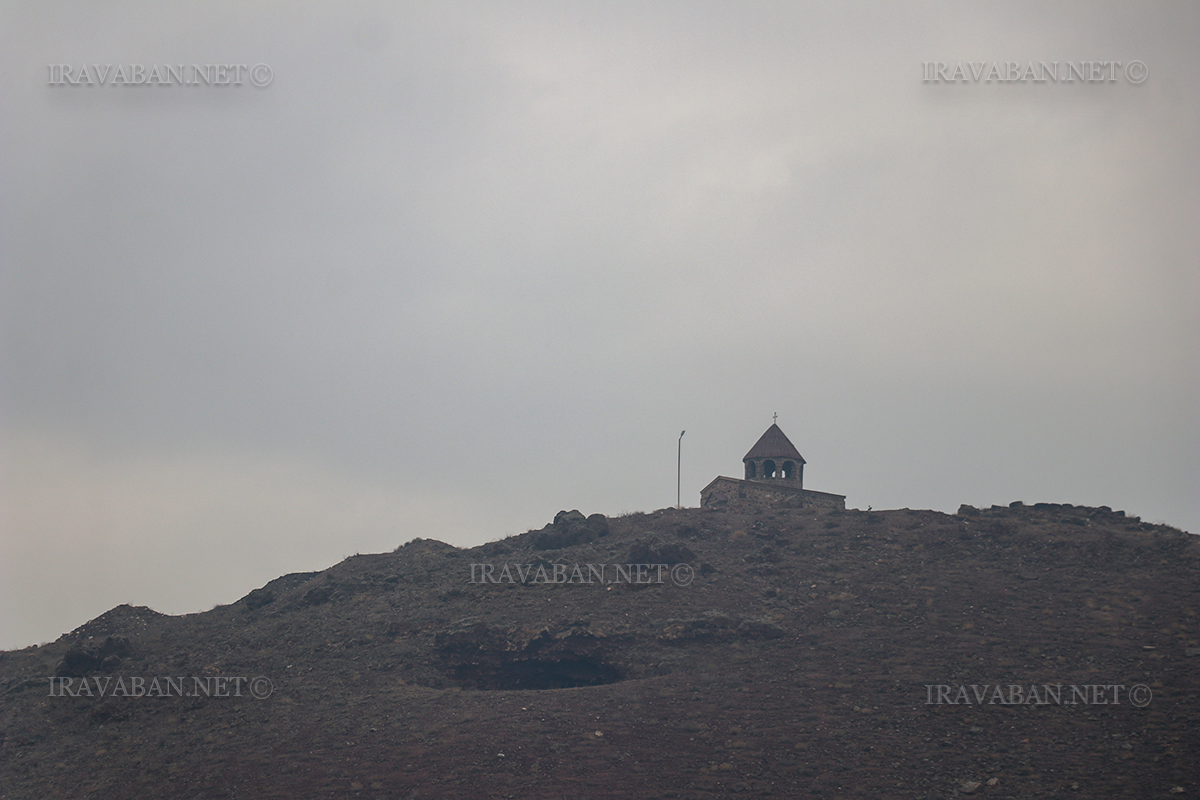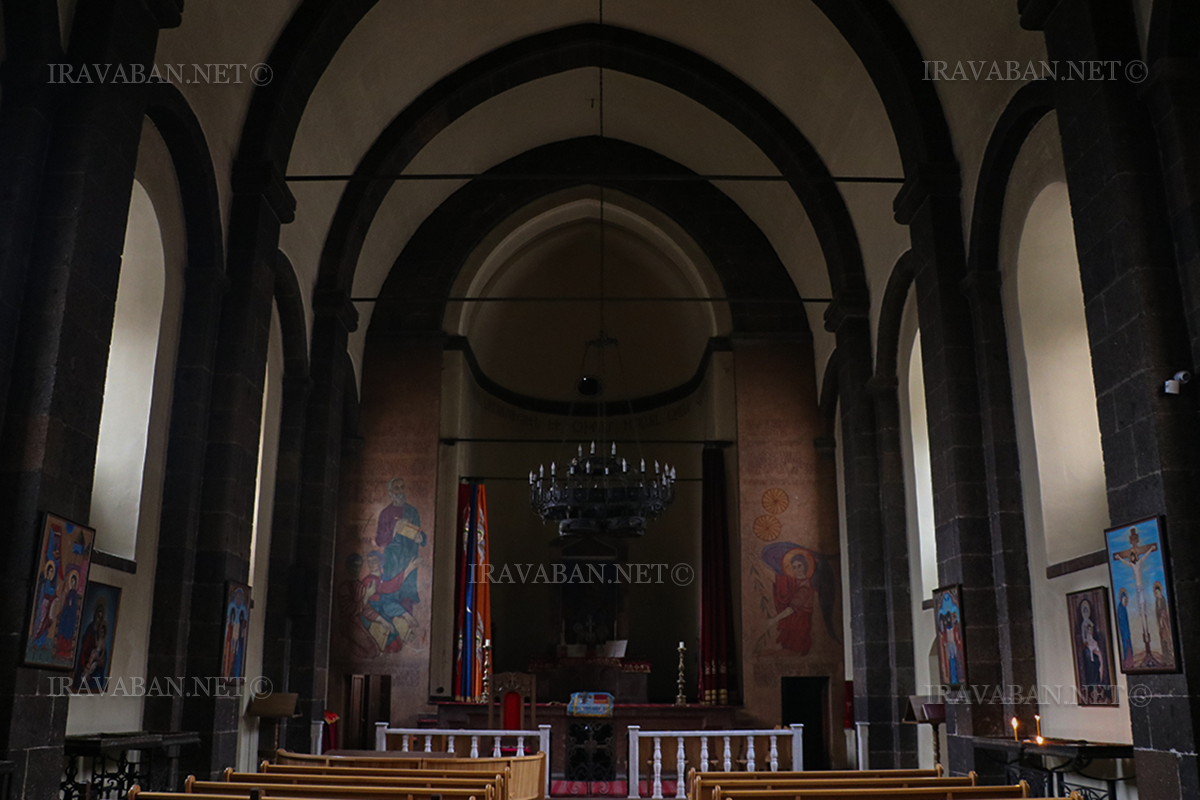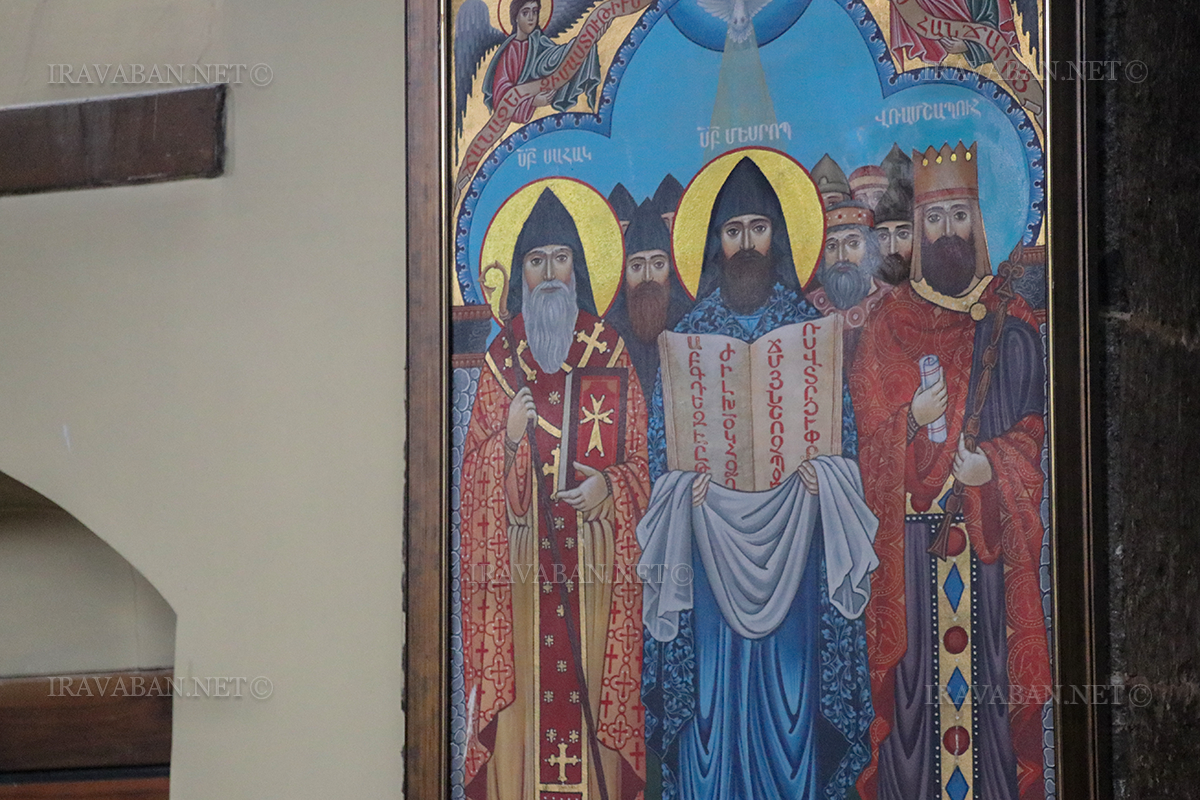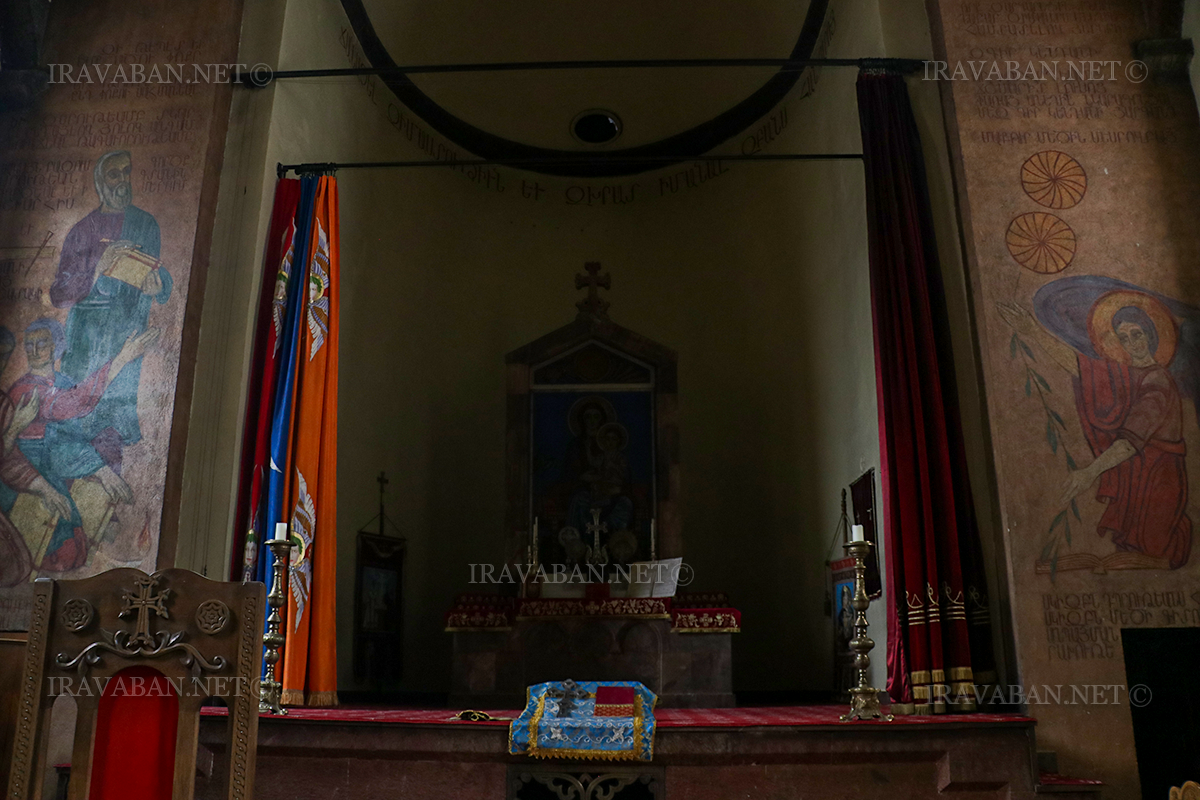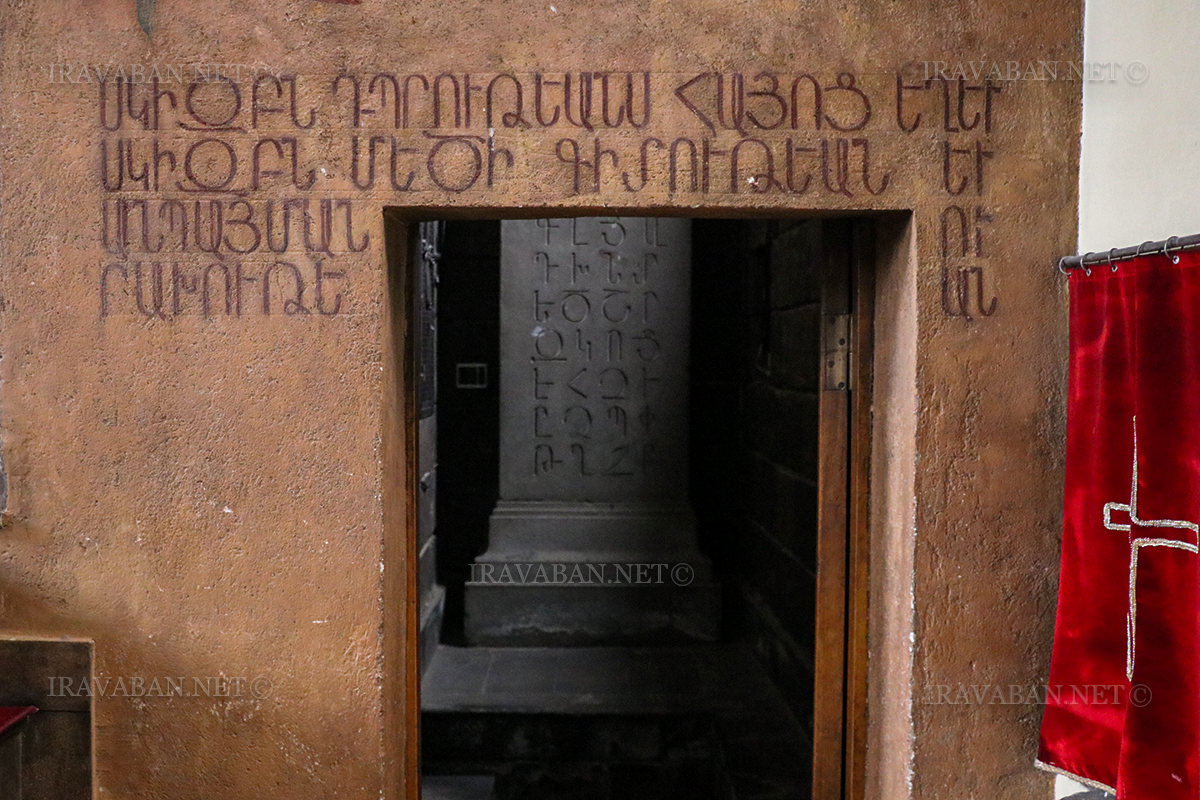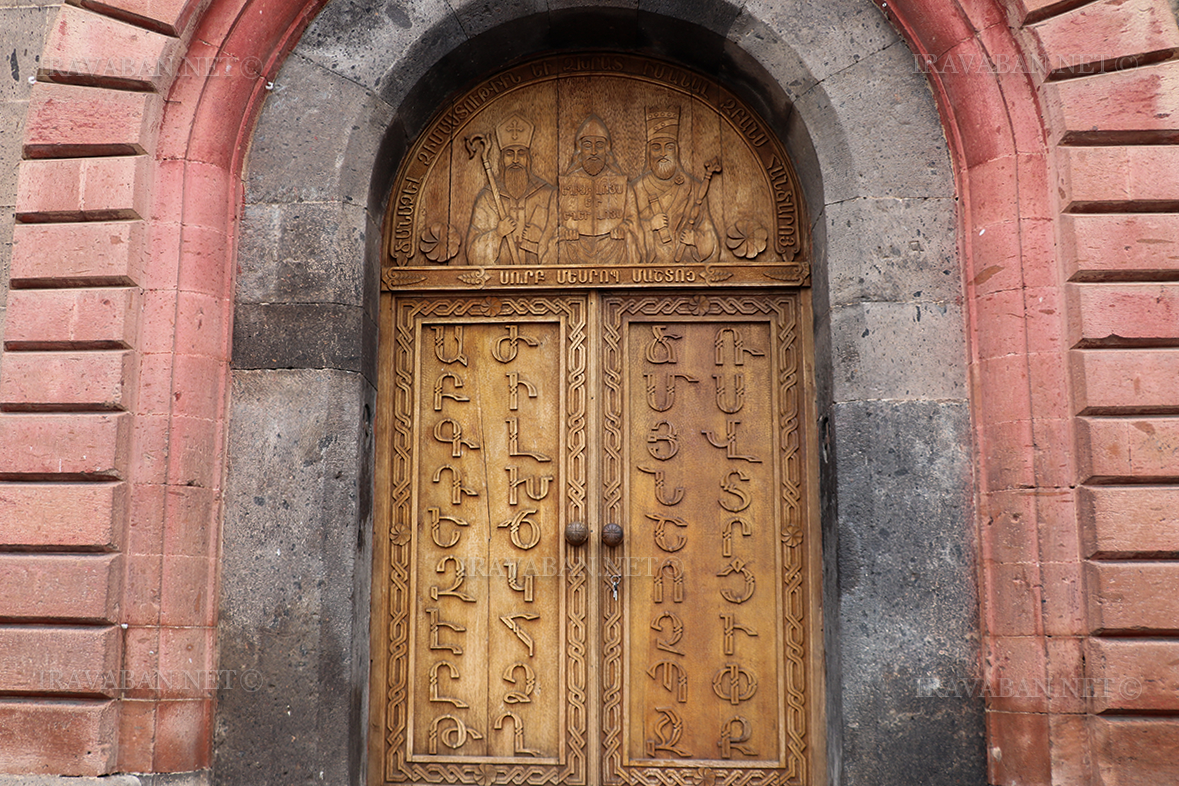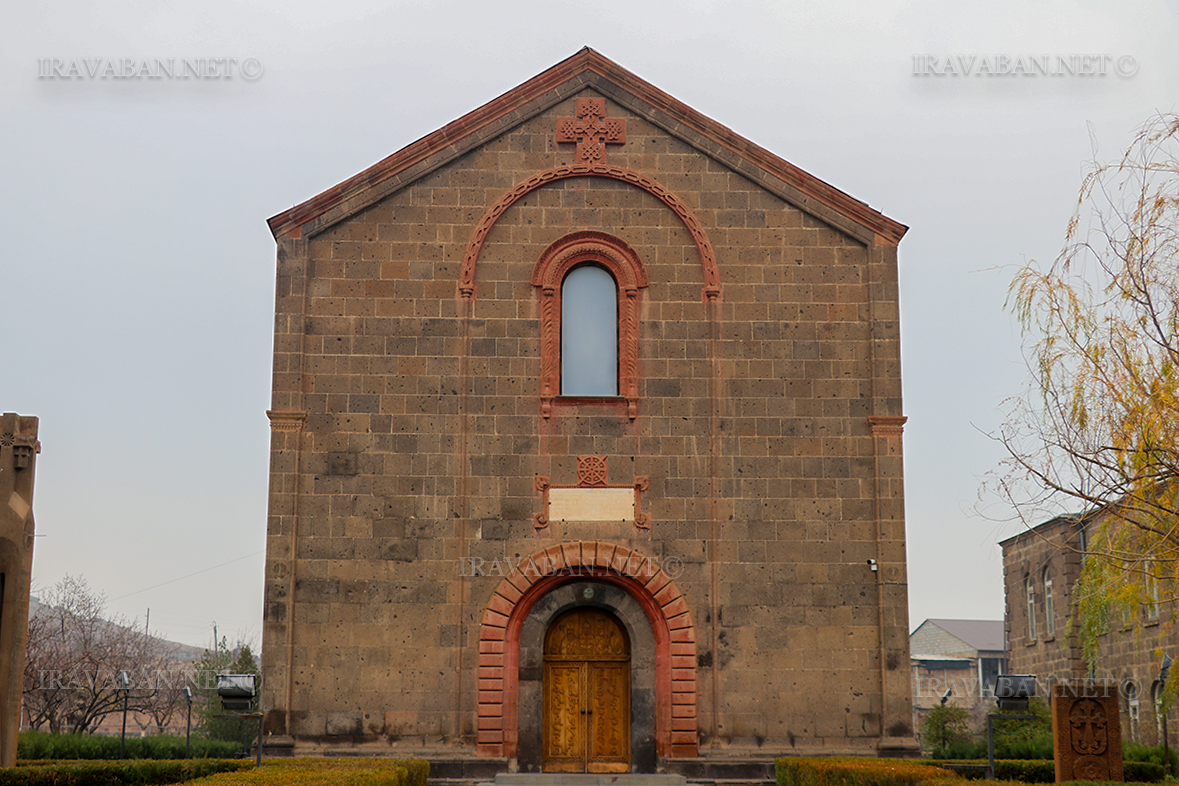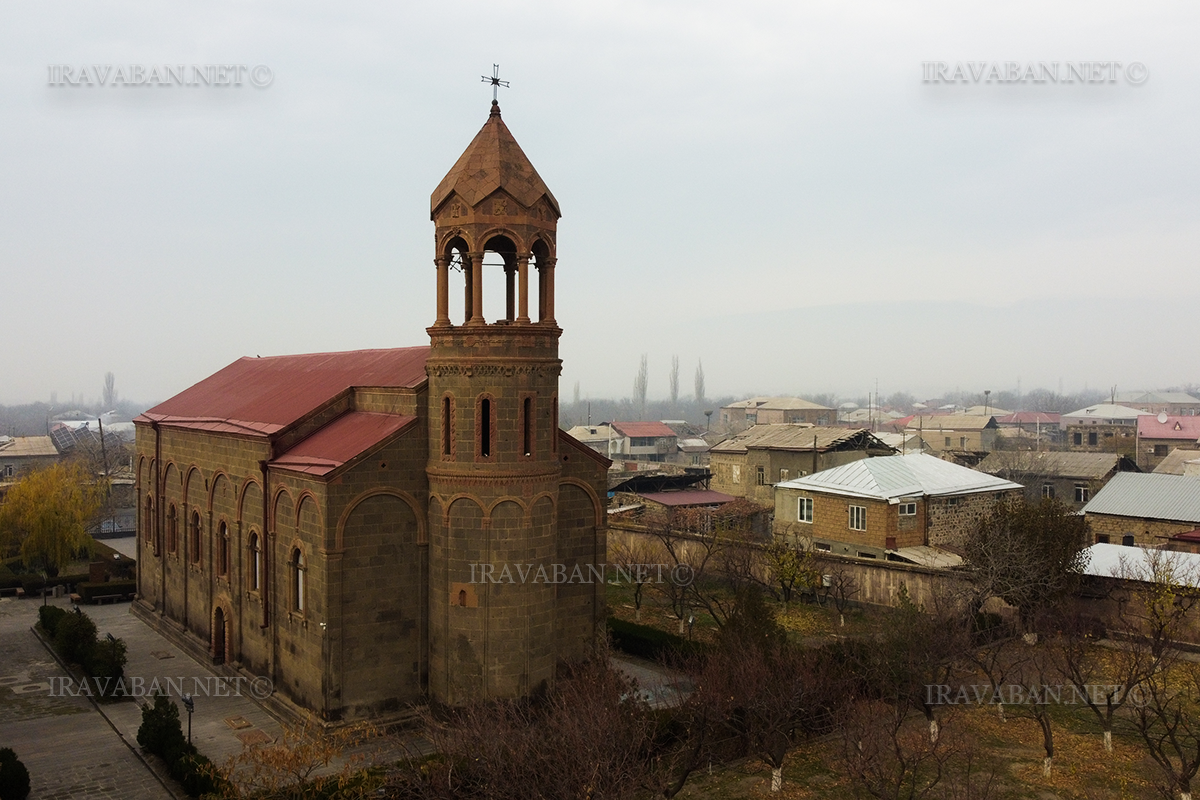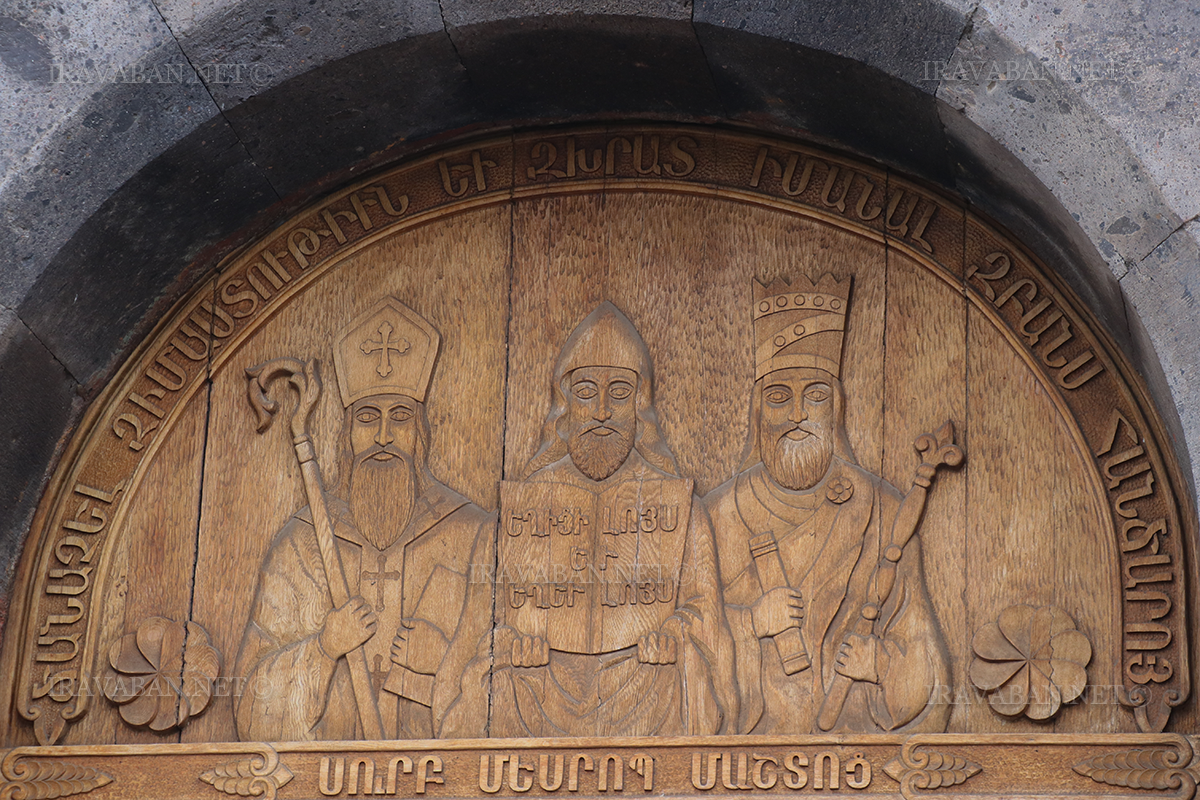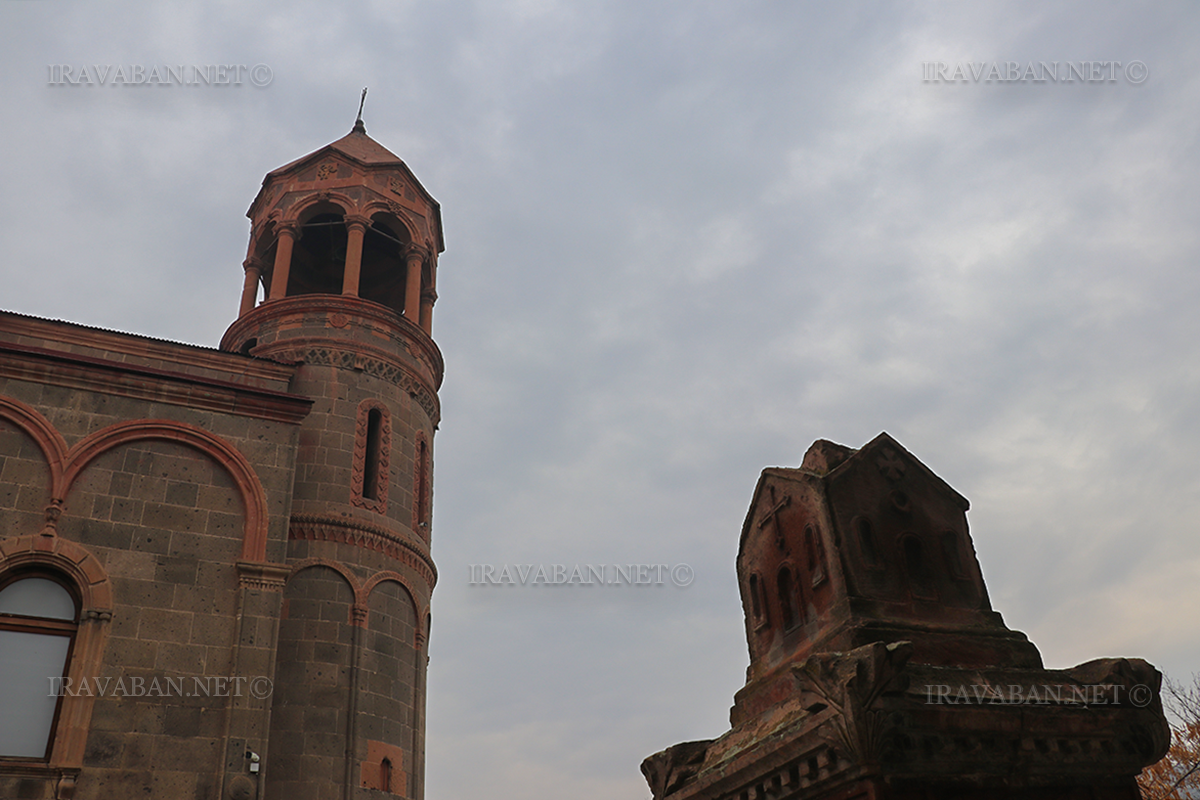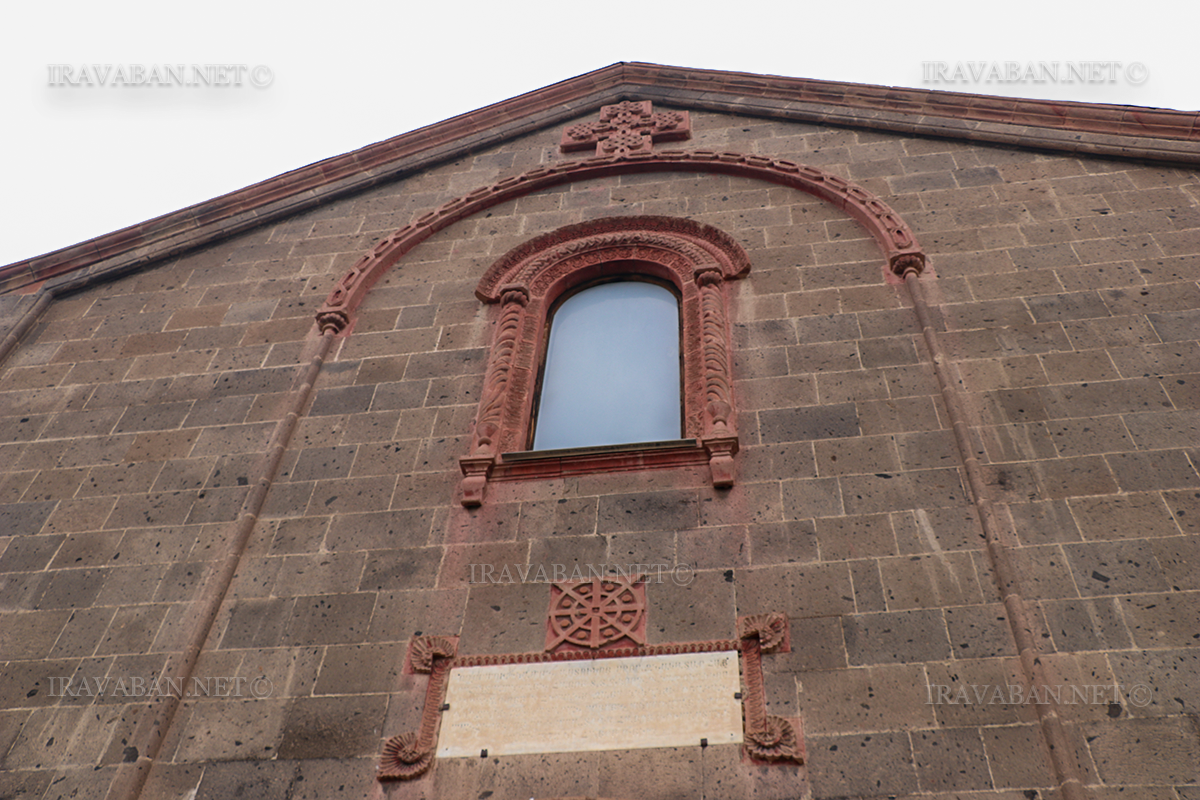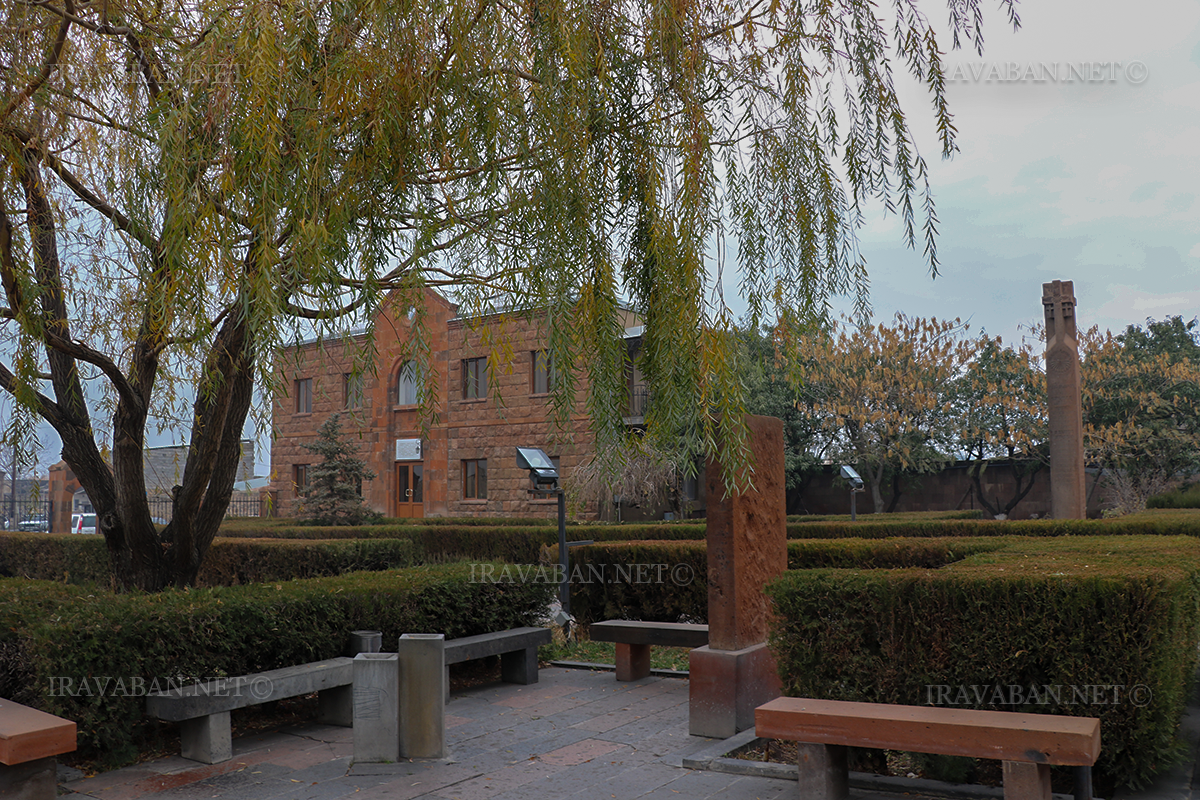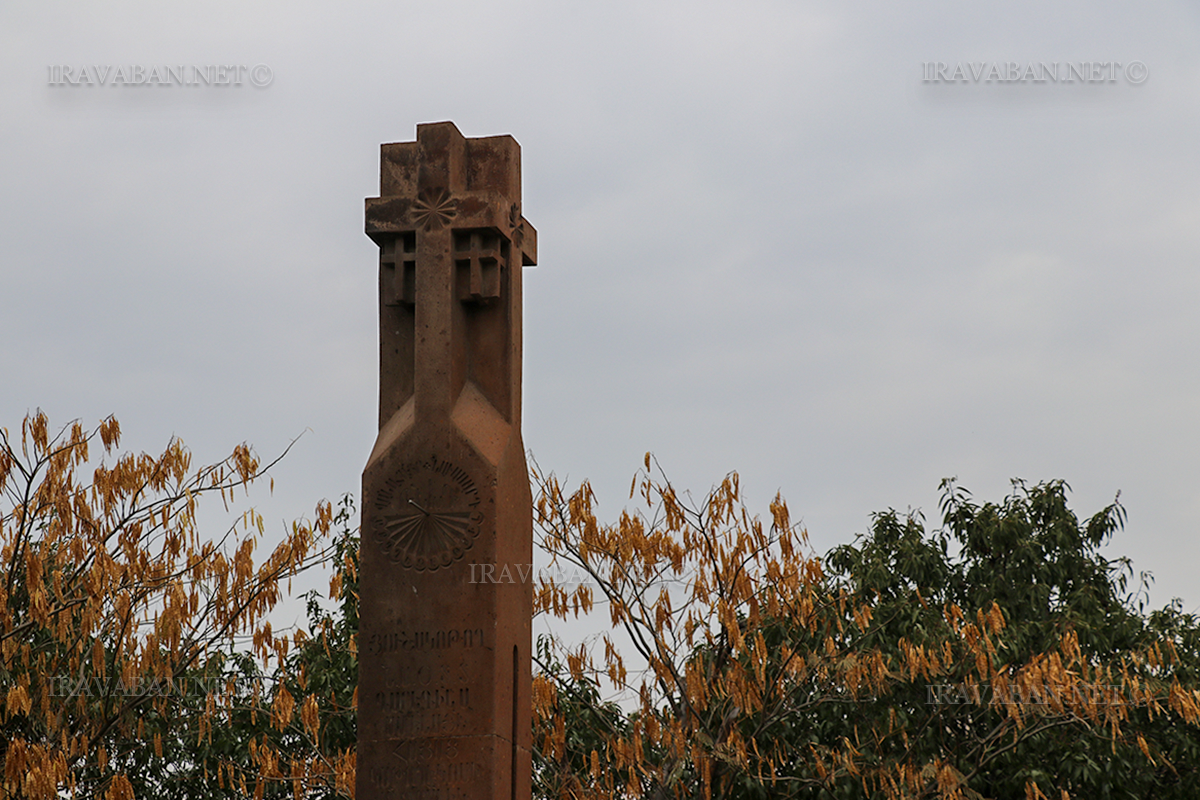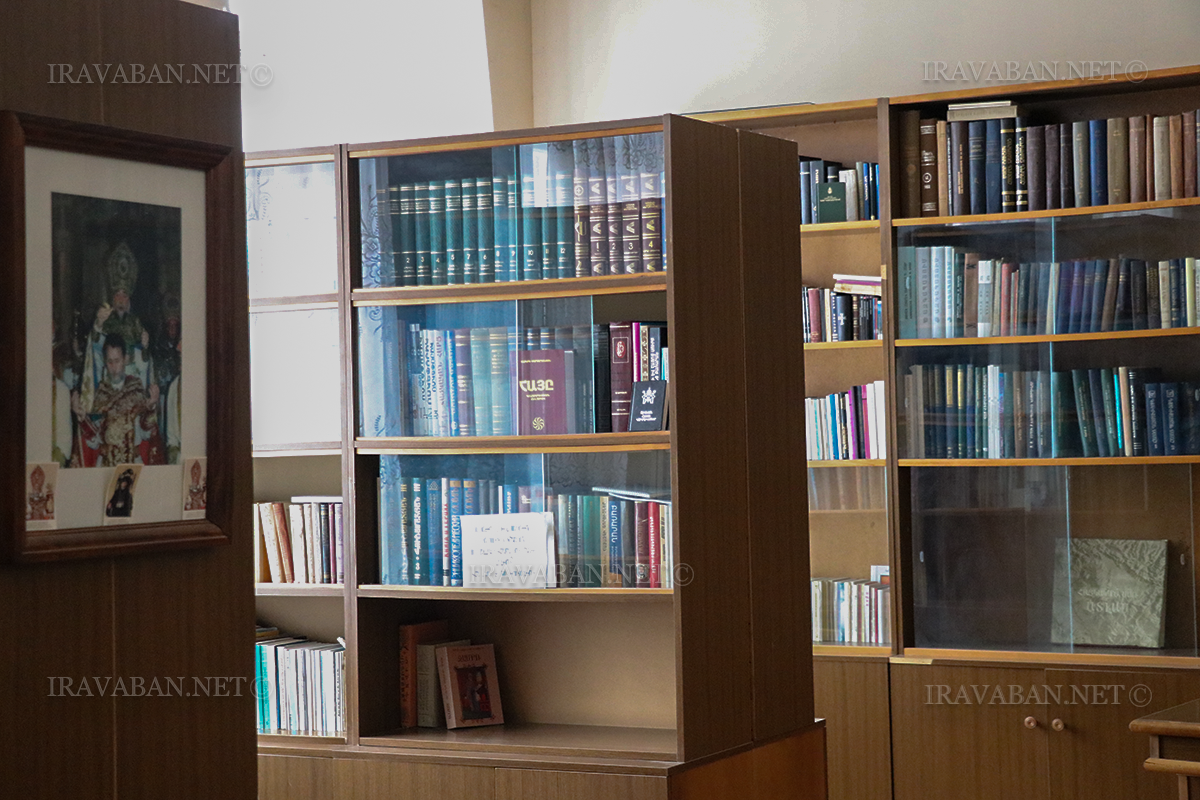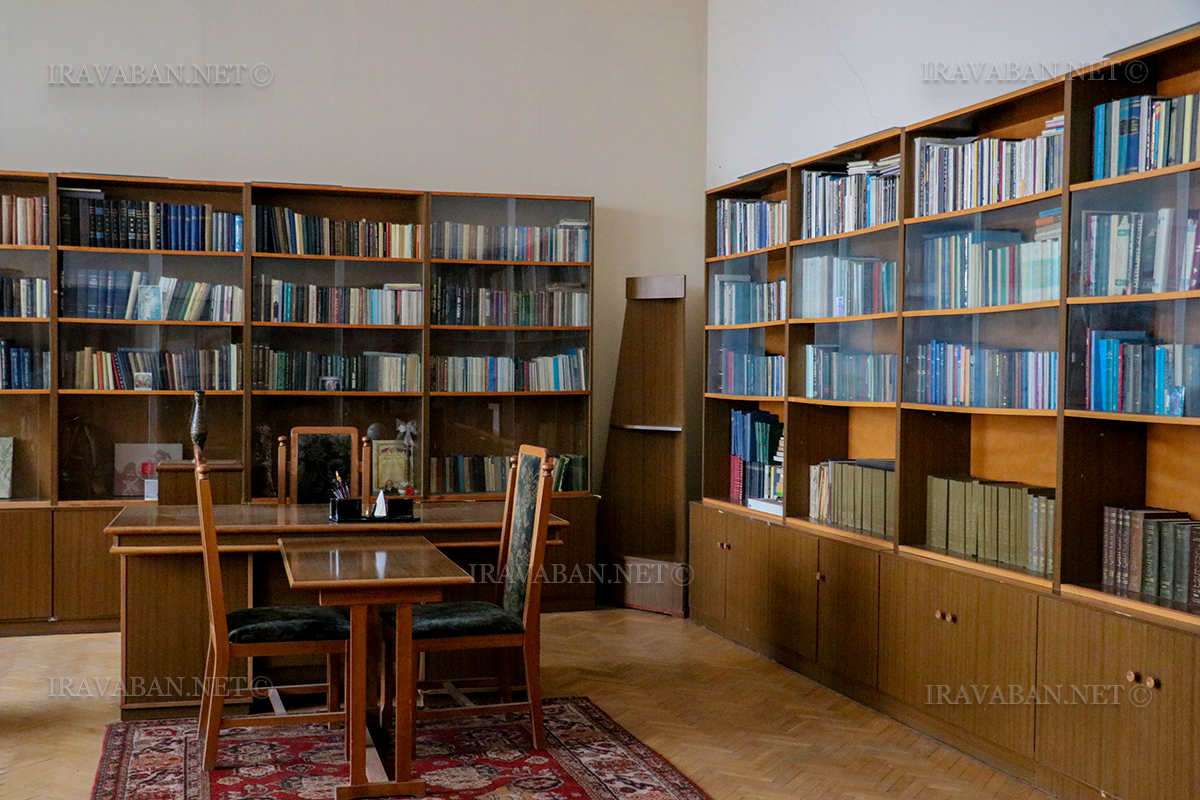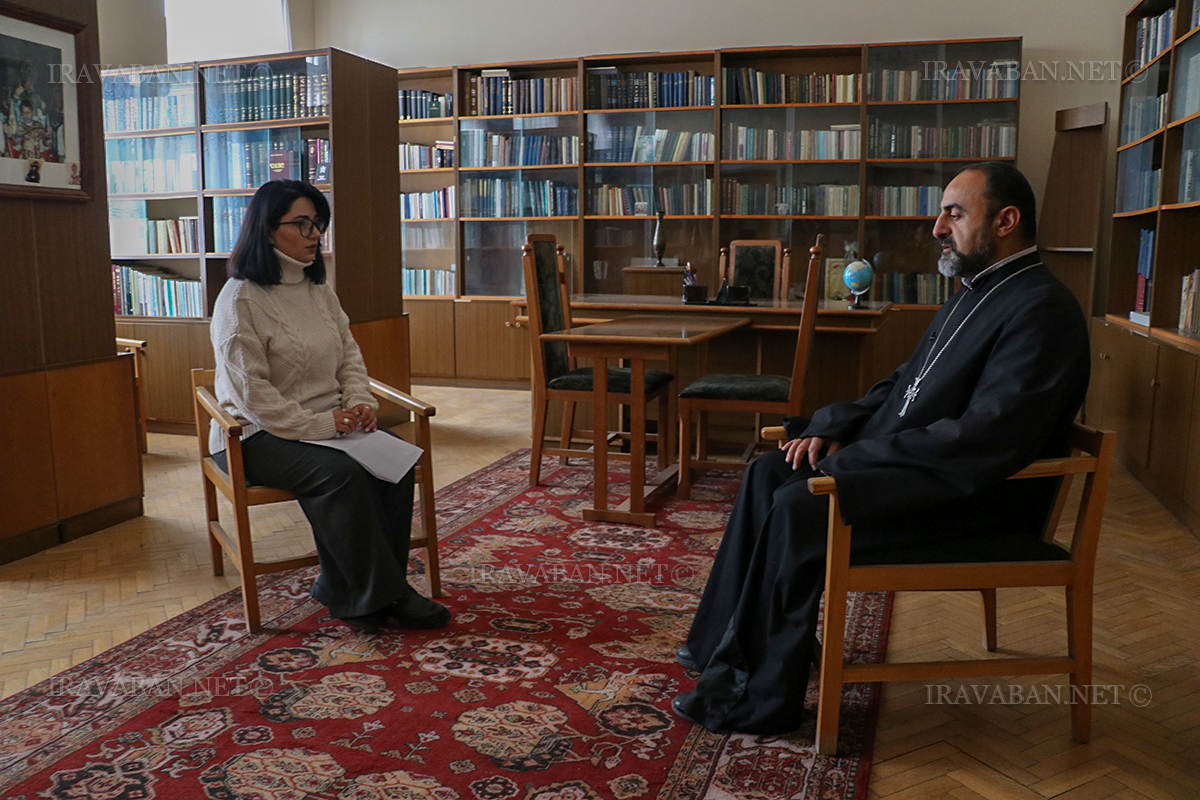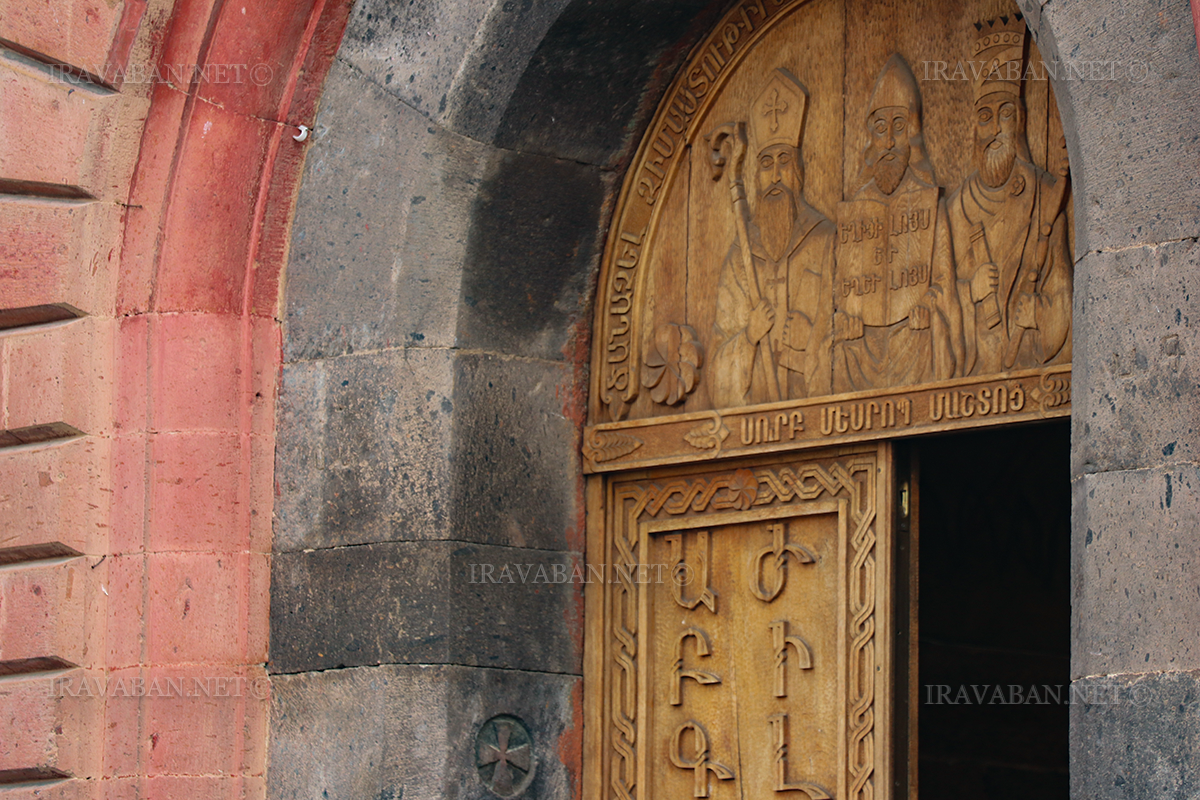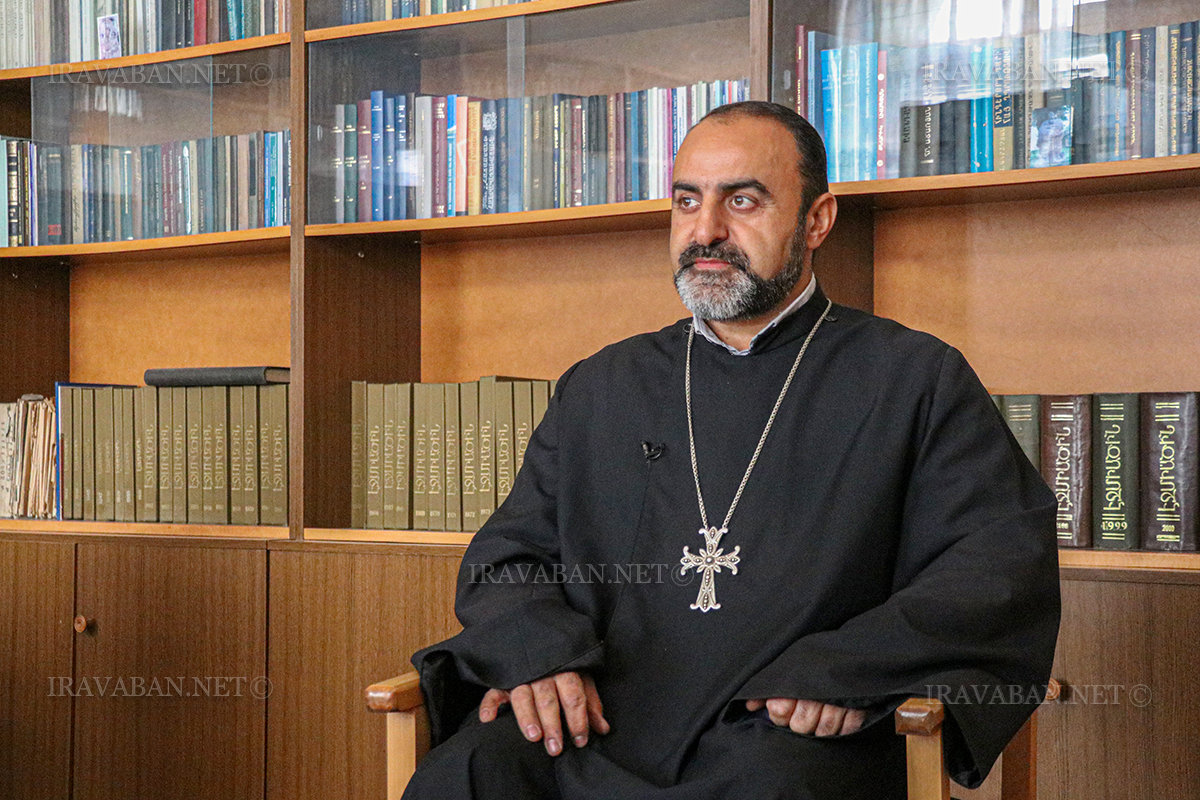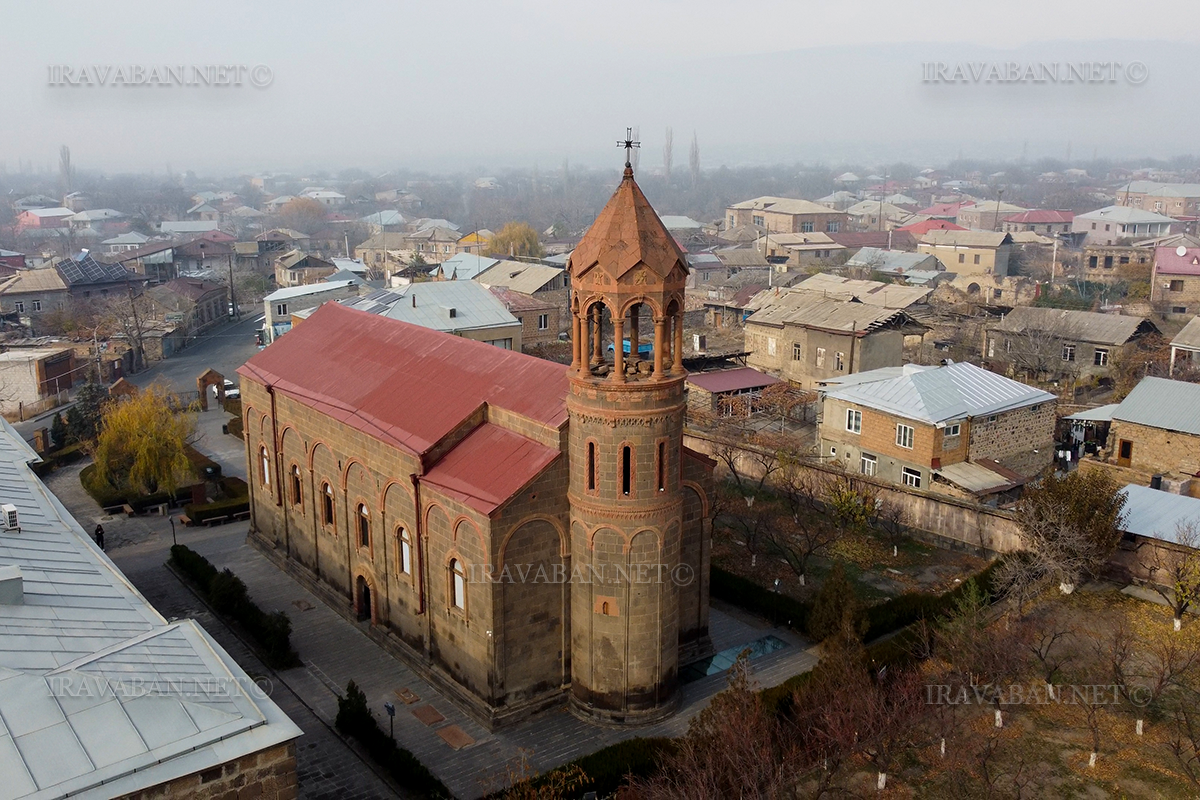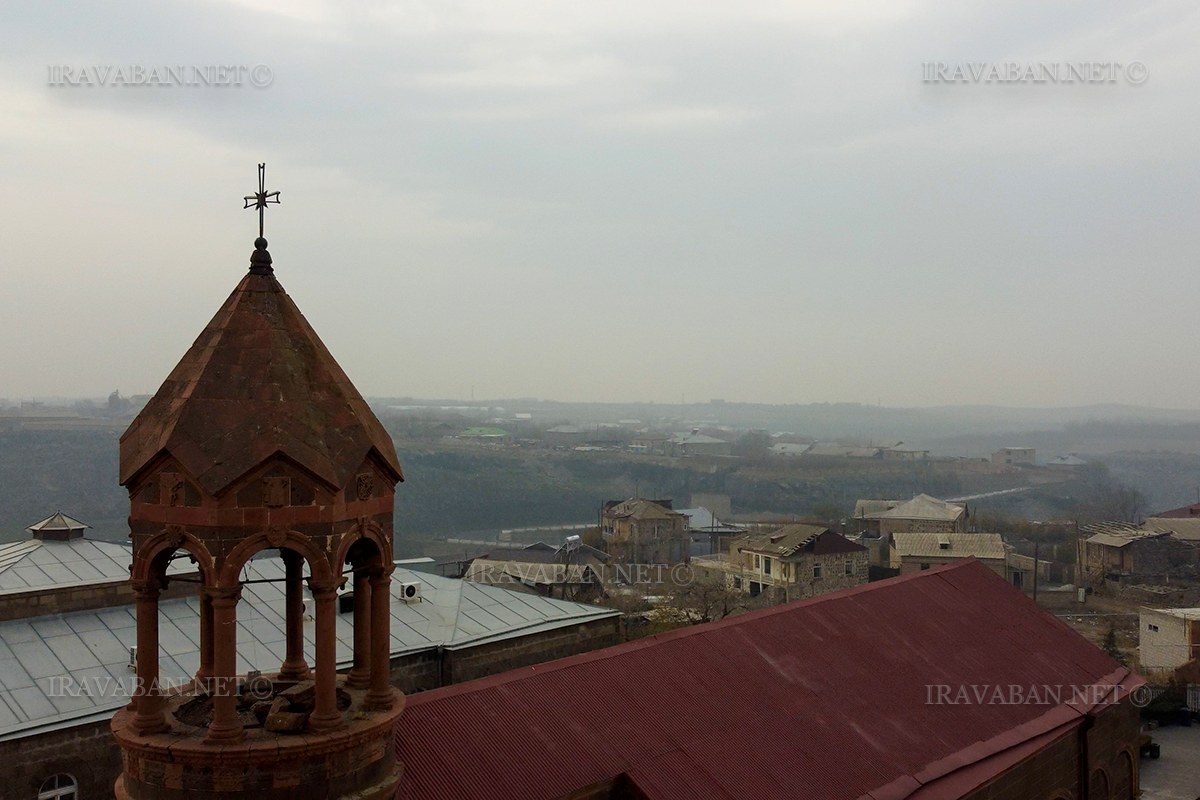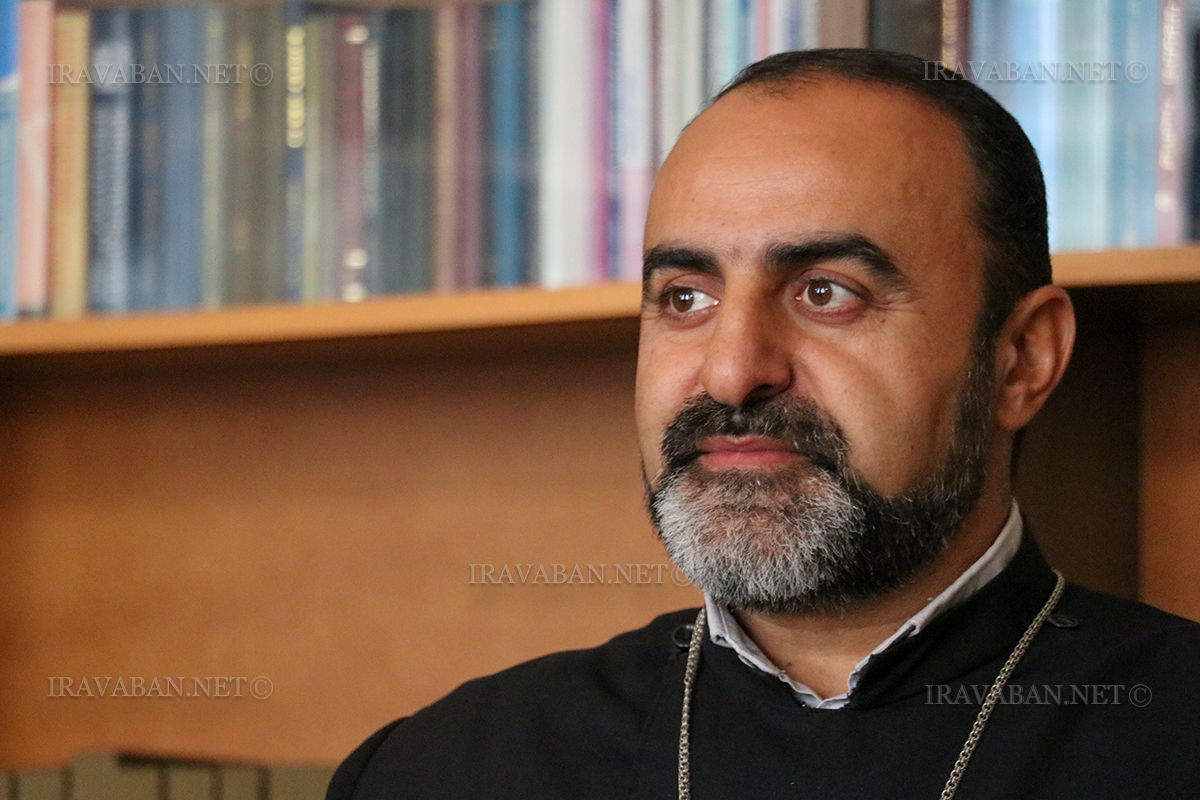Within the framework of “The Church and the Law” series of interviews, Iravaban.net talked about the Lord’s Prayer with the spiritual pastor of St. Mesrop Mashtots Church of Oshakan, Aragatsotn Diocese, Father Vazgen Hovhannisyan.
– What is prayer? Please speak about the advice of the Lord’s Prayer.
– Prayer is an integral part of the Christian faith. A Christian builds his daily life and relationship with the church and God through prayer. Prayer is a way to talk to God, to convey your emotions, problems, your thanks, your requests to God. Prayer also greatly helps a person to cognize himself. By talking with God, you begin to understand yourself better. Prior to Jesus, people naturally prayed and prayed with their own words, also with the texts that were created by the prophets, by the leaders living the life of spiritual people. And here comes Christ, he talks about the importance of prayer. He teaches his disciples the right way to pray.
– Why do we say “Lord’s Prayer”? Why “Lord’s”?
– The possessive word is derived from the owner’s name. Since Christ taught us that prayer, and Christ is Lord for us, therefore we called that prayer the Lord’s Prayer. In other words, a prayer sent to us by our Lord, Jesus Christ.
– Why is God called “father” in the prayer?
– Before Christ, humanity, when looking at the sky and looking for God, saw a master in him and saw a servant in himself, and the relationship between man and God was based on the relationship between master and servant. This is how the man thought: God must command, that God must punish, that God must impose his will. And the man feared of God, man had fear towards God. Christ comes and says: God is a father, a loving father.
– Father Vazgen, the prayer begins with the sentence “Our Father, Who Art in Heaven…” However, it is said that God is everywhere. Why is it emphasized that God is in heaven and not everywhere?
– Unfortunately, not everyone in the world has accepted God, not everyone has known God, and not everyone knows that God is the creator of the universe, and the earth everywhere. Of course, God is everywhere, but not often in the hearts of people who have not accepted him. So the earth is different from the whole universe, separate from the whole universe. If the will of God is fulfilled and kept in heaven every day, it is different in the case of the world. We look at this small question not in its absolute sense, but in the sense that God’s presence in every heart is important.
– We say in prayer: “Thy will be done”. Isn’t it God’s will and what is God’s will?
– God’s will is never imposed on anyone, this is what makes the world unique, and this is what makes a person unique. God gives us the opportunity to choose good or evil. We, as Christians, want God’s will to be upon the world. Wherever there are wars, wherever there are riots, wherever there is murder, wherever there is oppression, it is not God’s will. It is God’s will that there is peace, love, tolerance, so that we respect each other, so that nations respect and love other nations. So we see that, unfortunately, God’s will is not everywhere. God is aware even when a leaf falls from a tree. God never imposes his will on anyone. Therefore, there may be places, environments, people for whom God’s will is not important. God’s will is love and peace.
– It is said in “God’s Prayer”: “Give us this day our daily bread.” Is it about food or is the word bread used in a different sense?
– In this prayer, I think the word bread is used in the sense of our needs. Knowing God, we also understand that we have needs in this world. We live in a material world, where we need clothes, food, work, and who can give us those? Only God. Asking for bread, we ask God to provide for our daily needs.
– Are we able to forgive like God and what will happen if God forgives us like we forgive our debtors?
– This is a very important message to mankind and Christian. It contains two important messages. First, forgiveness is a state of very difficult psychological preparation; it is very difficult to forgive. It is easy to forgive a person for a small thing, but there are circumstances that are very difficult to forgive, almost impossible and here, Christ gives us two messages: if you cannot forgive your brother, sister, then do not expect to receive forgiveness from God, and the next important message is, “and forgive us our trespasses, as we forgive those who trespass against us”
– Who are our trespasses?
– Trespasses are those who committed certain mistakes against us, committed sins, and committed crimes. They harassed us, insulted us.
Details in the video.
Hasmik Sargsyan

